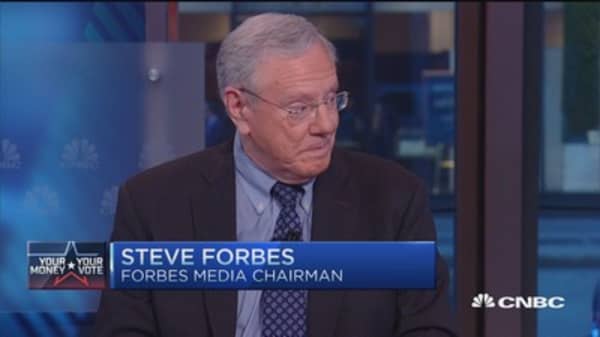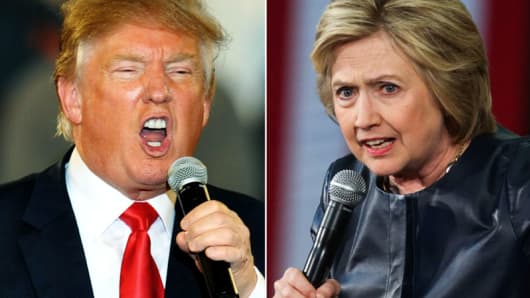When addressing those who have already concluded that the options on the table represent the two worst things that could happen to America, it is a mistake to dwell on the remote possibility of deus ex machina salvation. Instead, such a Hobson's choice requires a "worst-reasonable-case analysis:" Assume that Presidents Clinton and Trump would each seek to indulge the very worst instincts their critics believe them to posses, then support the candidate whose very worst is less bad.
President Obama has excelled at indulging his own worst instincts. As a unanimous Supreme Court has confirmed on twenty-plus occasions, Obama has abused his Presidential authority in numerous ways, imposing executive fiat into areas appropriately left to Congress, courts, or the States. Assume plausibly that both Clinton and Trump would attempt to follow Obama's lead. How would they each fare?
While President Obama may have acted unilaterally, he did not act alone. Democrats in Congress, gubernatorial mansions, and statehouses, the civil service, the mainstream media, academia, Hollywood, progressive activists, many federal judges, large parts of Silicon Valley and Wall Street, and roughly 40 percent of voters have provided support.
President Hillary Clinton would enjoy comparable support whenever she chose to indulge her progressive instincts or placate the Democratic base. In addition—and as appropriate in a worst-reasonable-case analysis—a Clinton victory in November would likely give the Democrats control of the Senate, and possibly the House.










